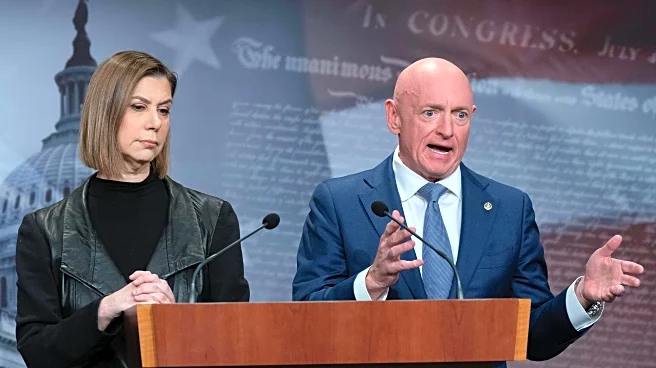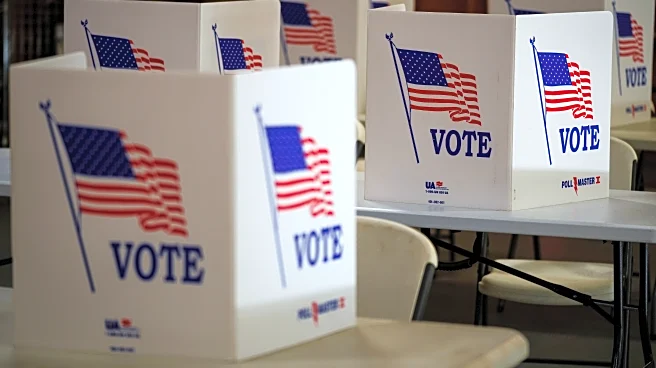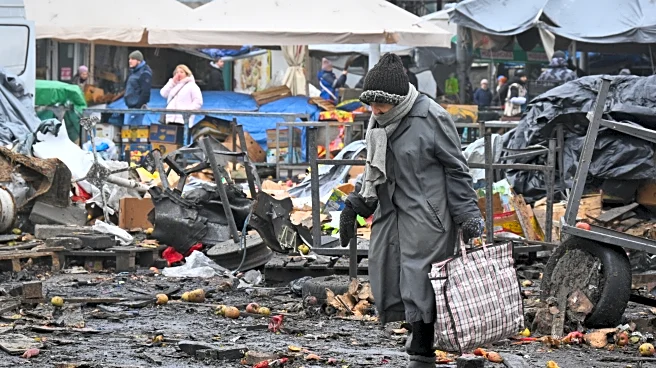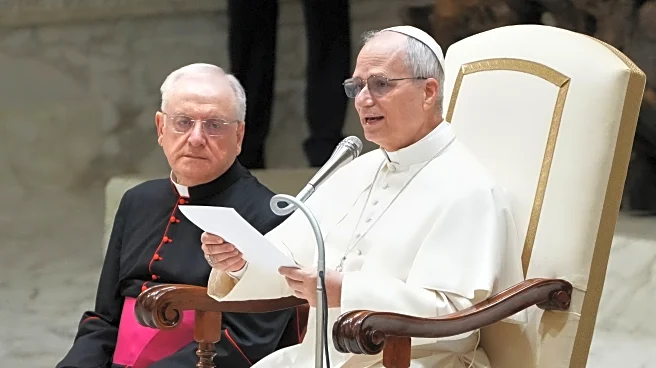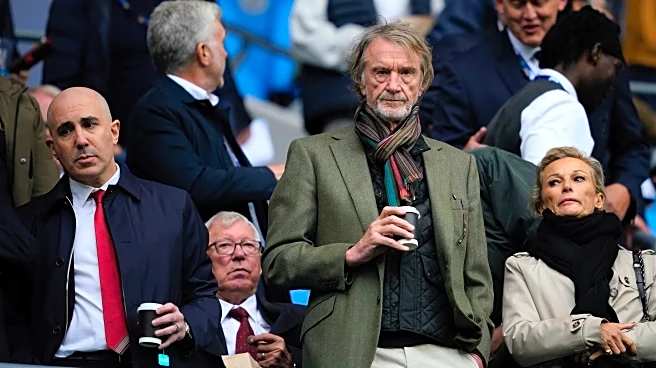DHAKA (Reuters) -Thousands of people are expected to pour into Bangladesh's capital of Dhaka on Tuesday for the first anniversary of deadly protests that ousted Prime Minister Sheikh Hasina, to attend
rallies, concerts, and prayer sessions.
The events will culminate in a declaration touted as a roadmap for democratic reform in the political journey from an uprising sparked by economic woes and repression to rule by an interim government led by Nobel peace laureate Muhammad Yunus.
"Together, we will build a Bangladesh where tyranny will never rise again," Yunus said in a message to the nation a year after protests forced Hasina to flee to neighbouring India, as he paid tribute to those who sacrificed their lives.
A peaceful, fair, and transparent election could be held early next year, Yunus said, pledging a return to full democratic rule at a time of mounting pressure for a swifter transition amid growing labour unrest.
"Fallen autocrats and their self-serving allies remain active," however, he added, urging unity to protect the gains of the uprising while his government holds reform talks with political parties and civil society.
His interim government had launched sweeping reforms, he added, while trials for those responsible for the "July killings" were progressing swiftly.
Police were on high alert throughout the capital, with armoured vehicles patrolling the streets to deter any attempt by Hasina’s banned Awami League to disrupt the day's events.
"Let this anniversary not be a day of retrospection, but a rallying cry for a brighter tomorrow," Hasina said in an open letter to the people of Bangladesh, adding that she had never resigned from her duties as prime minister.
"Bangladesh has overcome adversity before, and we will rise again, stronger, more united, and more determined to build a democracy that truly serves its people."
The July Declaration, to be announced later in the day by Yunus, will formally recognise the 2024 student-led uprising and the shift away from authoritarian rule to democratic renewal.
Despite some opposition, it is backed by major political groups, including the Bangladesh Nationalist Party (BNP), led by former premier Khaleda Zia.
Supporters see the charter as a foundation for institutional reform, critics have warned its impact could be largely symbolic in the absence of a legal framework or parliamentary consensus.
(Reporting by Dhaka bureau; Editing by Clarence Fernandez)
